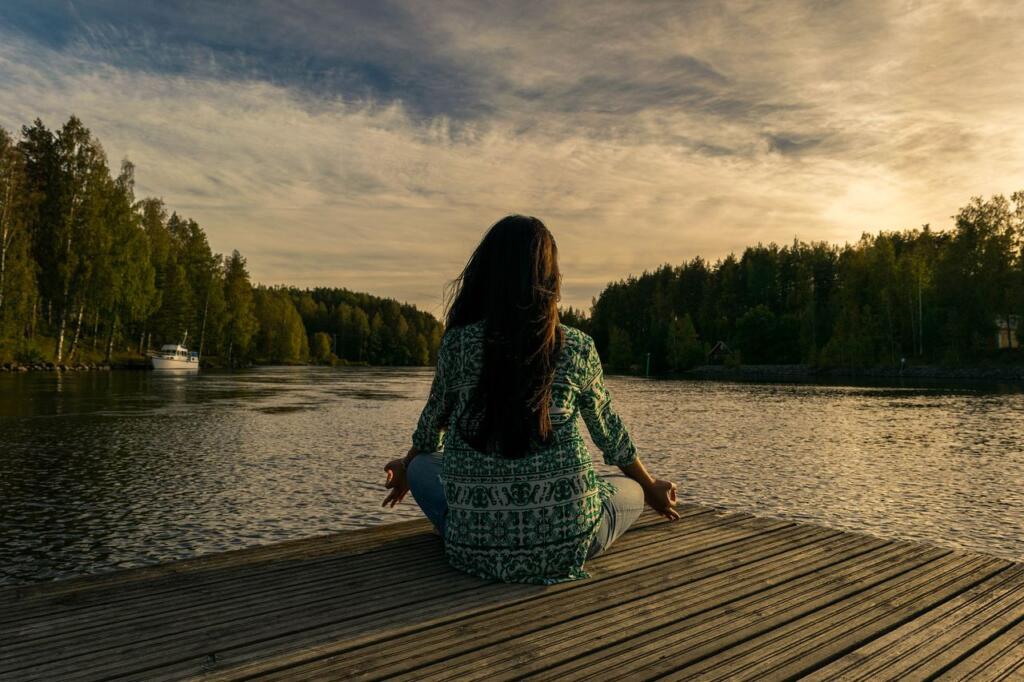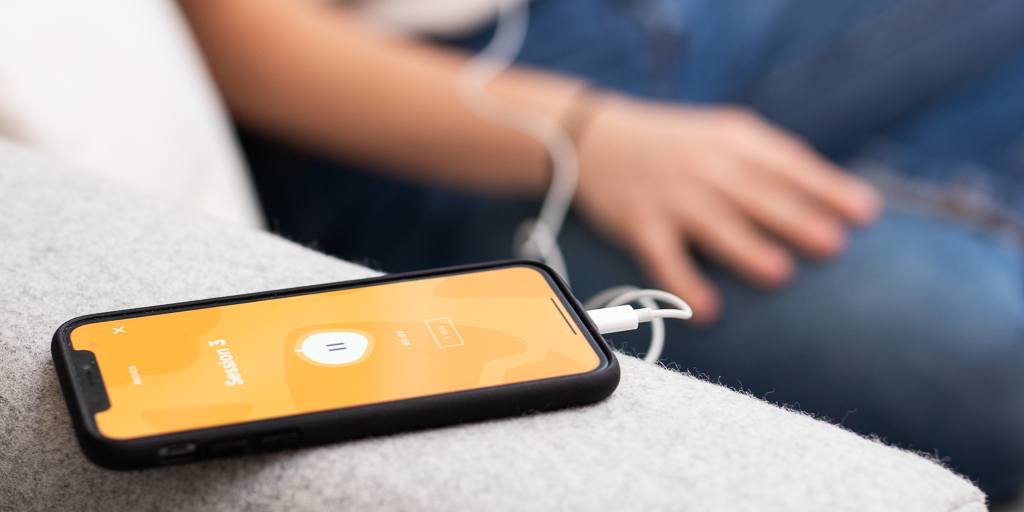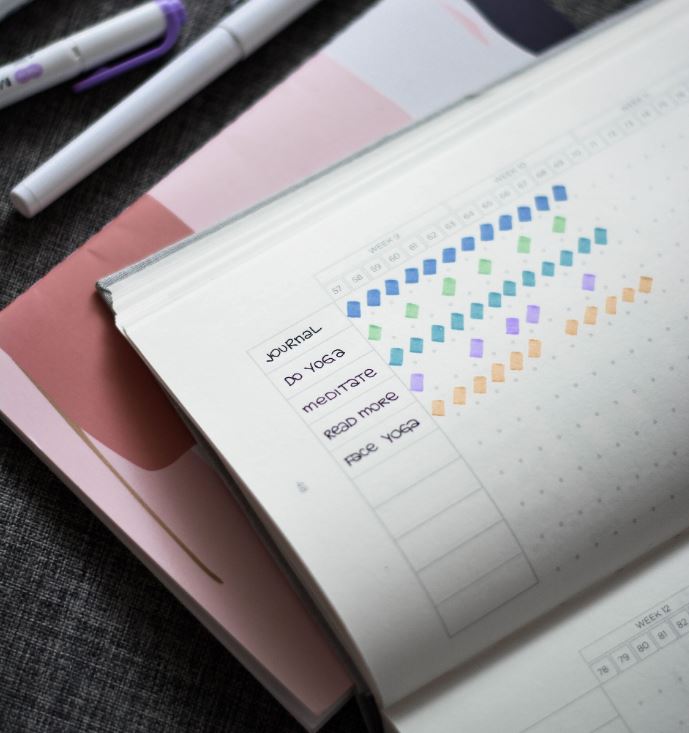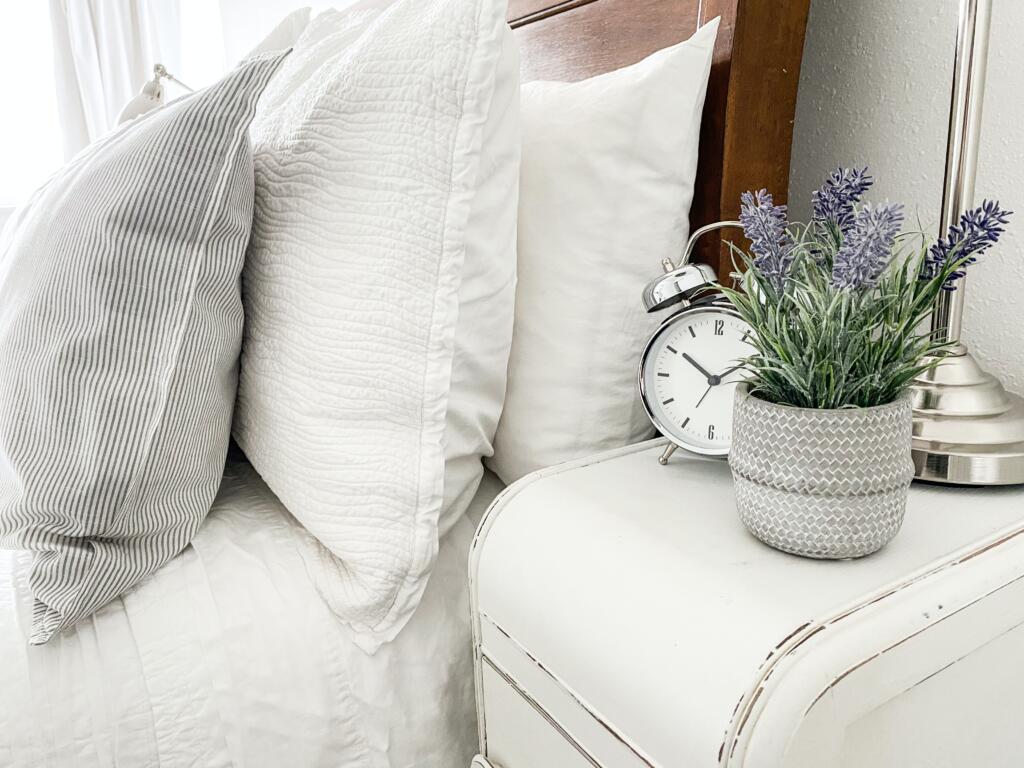
Undoubtedly, the current pandemic has had a significant impact on our lives. Whether it’s loss of a job, loss of loved ones, or loss of normal routine and face time with others, each of us have experienced some degree of stress and anxiety due to the current events. However, if you have the luxury of living on the lake, being surrounded by nature has powerful mental health benefits. When the view out your window is a peaceful overlook of water and wildlife, the calming environment will lower your cortisol levels. But if you aren’t on a lake right now, no need to worry. There are still plenty of ways to manage your stress and anxiety during COVID-19 from the comfort of your home.
Download a Meditation App

Thanks to modern technology, practicing meditation is easier than ever. You don’t need to embark on an Eat Pray Love cross-continental journey, or even attend an in-person yoga class, to experience the benefits of mindfulness. There are several apps that you can download on your phone, computer, or tablet that guide you through calming meditation activities. Some of the most popular include Calm, Headspace, and Insight Timer. Many of these even include social features so you can share your practice with friends and keep each other accountable. No matter how you incorporate it into your routine, there are clear psychological benefits to making time for a daily mindfulness practice.
Set a Regular Routine

If you’re finding it tough to maintain a routine during the pandemic, you’re not alone. With the whole globe in crisis, it’s understandable that our brains are jumbled as well. That’s why mental health experts have been advising us to keep a routine as much as possible, even when it’s challenging to focus on ordinary tasks. This practice paves the way for a clearer mind and a more focused day. Whether you keep a list on your fridge of specific tasks for the day, set an iPhone alarm for bedtime, or recreate your daily public transit commute in your shower like these Londoners, setting a routine for yourself is beneficial.
Establish a Sleep Schedule

If you have trouble sleeping, you’re not the only one. According to the National Institutes of Health, over 40 million Americans experience chronic sleeping problems. During COVID-19, sleep might be an even greater challenge due to the reciprocal relationship between anxiety and sleep. In a vicious cycle, anxiety fuels insomnia, and insomnia leads to more anxiety. However, practicing good sleep hygiene is one of the most underrated — but also most important — aspects of maintaining physical and mental health. And there are ways you can practice better sleeping habits. For example, although our phones are our lifelines to outside connection right now, it’s helpful to go screen-free just before bedtime. Be sure to also practice exercise habits, get as much exposure to sunlight as possible, and create a pleasant sleeping environment to increase your sleep quality.
Practice Cooking Skills

Unfortunately, the days of enjoying a leisurely Saturday brunch have been temporarily paused. However, just because you can’t order a delicious omelette or stack of pancakes doesn’t mean you can’t recreate it at home. Consider using this time to expand your recipe repertoire by sharing recipes with friends, investing in a subscription like New York Times Cooking, or just getting creative in the kitchen. If you’re quarantined with family or friends, you can have fun creating group meals and eating together. And on the other side of the pandemic, you can host dinner parties and impress guests with your up-to-snuff skills.
Take Breaks from the News

Paradoxically, a common response to stress and anxiety is to fuel it with news consumption– even if we don’t realize we’re doing it. In fact, neurologist Sam Goldstein refers to this concept as Coronavirus Stress Syndrome. If you’ve found yourself repeatedly texting friends about the pandemic, spending hours reading or watching news, and finding it impossible to discuss topics unrelated to the virus, you might be suffering from it. Instead of inundating your mind with news constantly, it’s important to strike a balance of staying informed but not overly stressed. Be sure to take time to unplug from the news and connect with others, go for daily walks, or practice a new hobby.
If you live on the lake, chances are you have a built-in stress-free environment– but even then, anxious thoughts have a way of creeping in. When this happens, be sure to remember these tips to clear your mind.
Also, check out our relaxation playlist for instrumental and acoustic tunes that will calm your mind while you enjoy the lake views.

